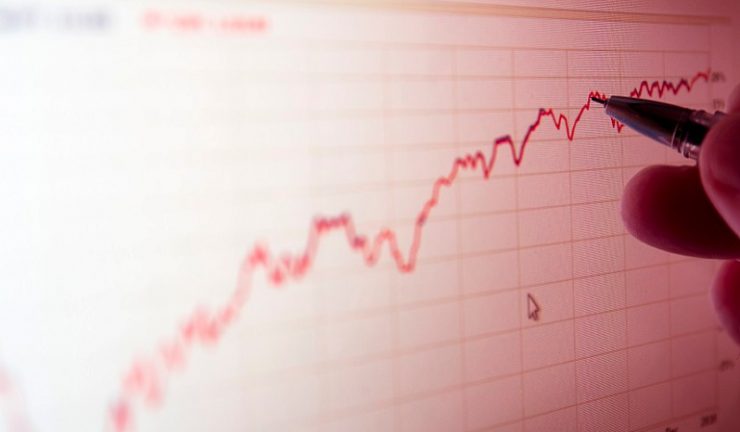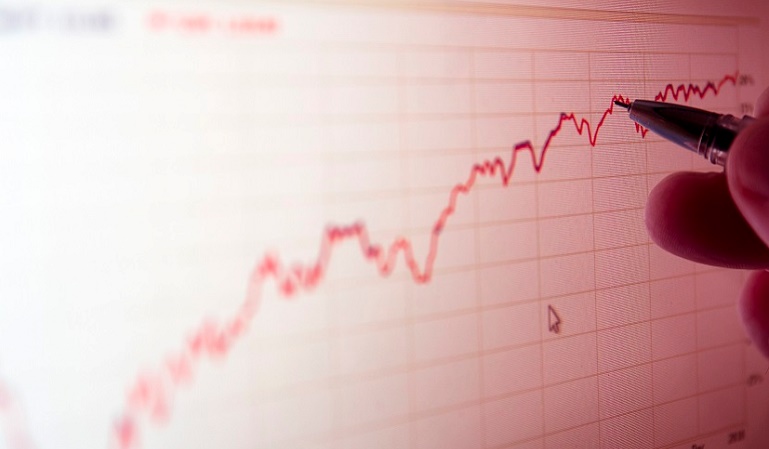The Westpac-Melbourne Institute Index of Consumer Sentiment rebounded 16.4% in May. The turnaround marks the biggest monthly gain in the Index since the survey began nearly 50 years ago and has gone a long way towards reversing last month’s record monthly fall, chief economist, Bill Evans said.
However, the index is still relatively weak by historical standards with May being the second lowest read since the Global Financial Crisis and sitting firmly in pessimistic territory.
“The despair apparent a month ago, when Australians were bracing for a severe outbreak and a prolonged shutdown has lifted materially, but consumers are still justifiably cautious,” Evans said.
The ‘economy, next 12 months’ sub-index recorded a spectacular 32.6% rebound in May as the prospect of an earlier than expected reopening for the economy soothed some of the worst fears around the economy although readings imply consumers still do not expect a return to growth any time soon, he said.

The other big mover was the ‘time to buy a major item’ sub-index which surged 26.7%. Reduced concerns around health risks, the prospect of easing social restrictions and more certainty around incomes look to have had a direct impact. The response suggests retailers can expect more foot traffic as restrictions ease.
“The ‘time to buy a dwelling’ index jumped 31.8% with the rebound across all states, although WA, up 68%, deserves special mention as Perth looks to resume the recent recovery we have seen in its housing market, which has under-performed for many years.”
The latest survey results provide genuine reason for optimism that the Australian economy can surprise forecasters on the upside in these highly uncertain times, Evans said.
The latest ANZ-Roy Morgan Consumer Confidence Index also rose, 0.9%, its sixth straight weekly gain.
ANZ head of Australian Economics, David Plank, said while confidence continued to gain last week the pace of increase has eased. These recent gains have resulted in the index recovering some 70% of the fall seen in the last two weeks of March, he said.
“The gain likely reflects the continued good news on the path of the pandemic in Australia and the associated progressive easing of restrictions. However, the challenge for the coming week will be how households react to what is expected to be dire news on the state of the labour market.”

